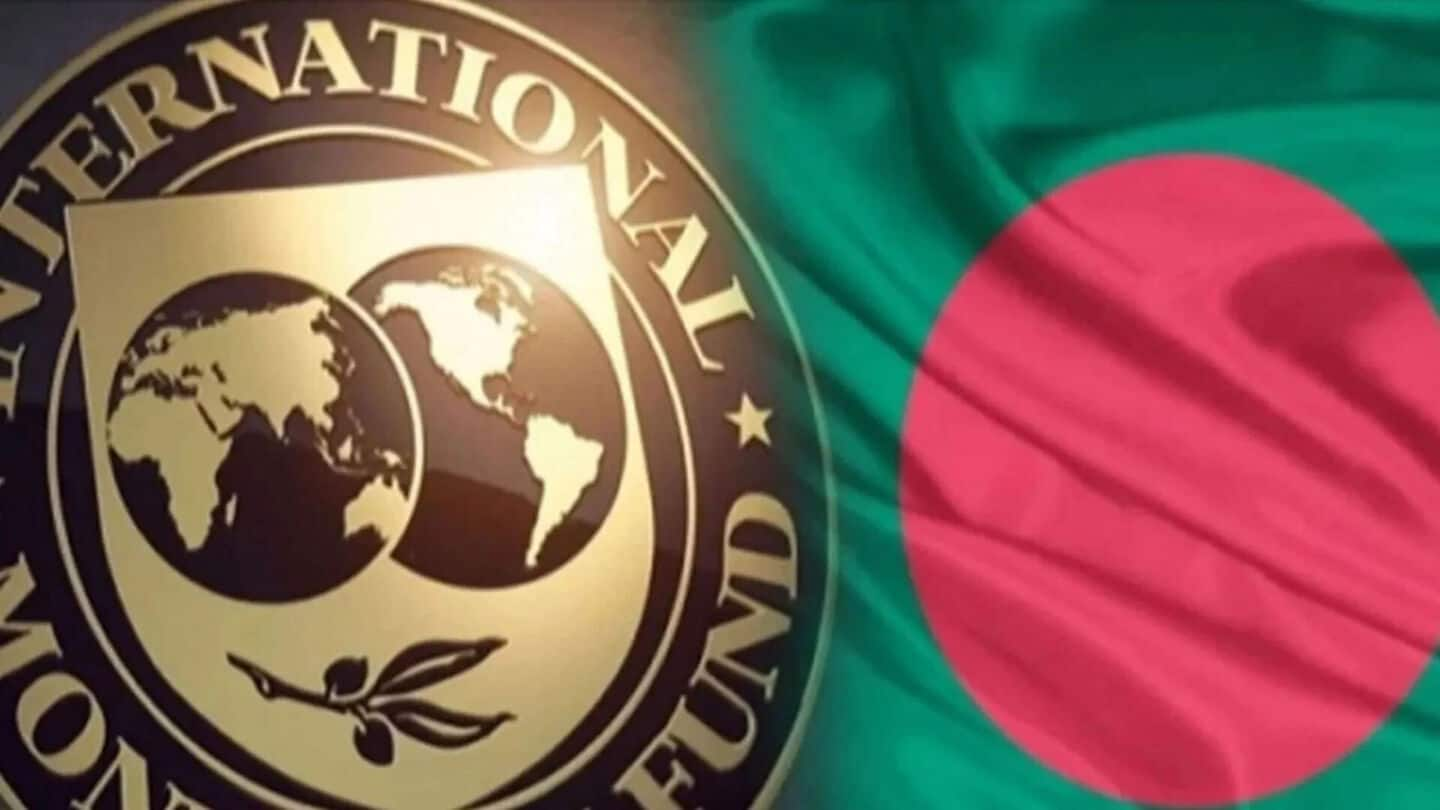
IMF gives Bangladesh $1.3B, but tightens loan terms
What's the story
The International Monetary Fund (IMF) has approved the disbursement of $1.3 billion to Bangladesh as part of its $5.5 billion lending program. The amount was deposited into Bangladesh's account on Thursday, according to an official press release from the international lender. However, with this approval comes a set of new conditions aimed at addressing the country's economic challenges.
Economic conditions
Targets set for reducing external, domestic arrears
The IMF has set new targets for Bangladesh to reduce its external payment arrears in the power and fertilizer sectors. The country is required to bring down these arrears from $870 million in June 2025 to $562 million by December and further down to $254 million by June 2026. Domestic arrears in these sectors should be reduced from Tk 28,000 crore in June to Tk 14,070 crore by December and fully cleared by June 2026.
Economic outlook
Bangladesh's economic troubles
Bangladesh's economic troubles started after the ouster of former prime minister Sheikh Hasina last year. An interim government led by Chief Advisor Muhammad Yunus took over, but political instability continued. The IMF has warned that despite some improvement in the current account during FY25's first half, Bangladesh's overall external position has worsened.
Financial forecast
External financing gap expected to widen
The IMF now expects the external financing gap for Bangladesh to widen to $3.8 billion in FY25, much higher than earlier estimates. This is due to the emergence of arrears by state-owned enterprises, a sharp drop in foreign direct investment inflows, and large undocumented capital outflows. The lender has also raised National Board of Revenue targets for Bangladesh significantly over the next two years.
Reserve targets
Target set for net international reserves
The IMF has also set a target for Bangladesh's net international reserves to increase from $17.4 billion to $22.41 billion by mid-2026. The lender highlighted that "external payment arrears have emerged, especially in the power sector's state-owned enterprises," due to limited foreign exchange availability and unpaid domestic subsidy arrears owed by the central government to these SOEs.